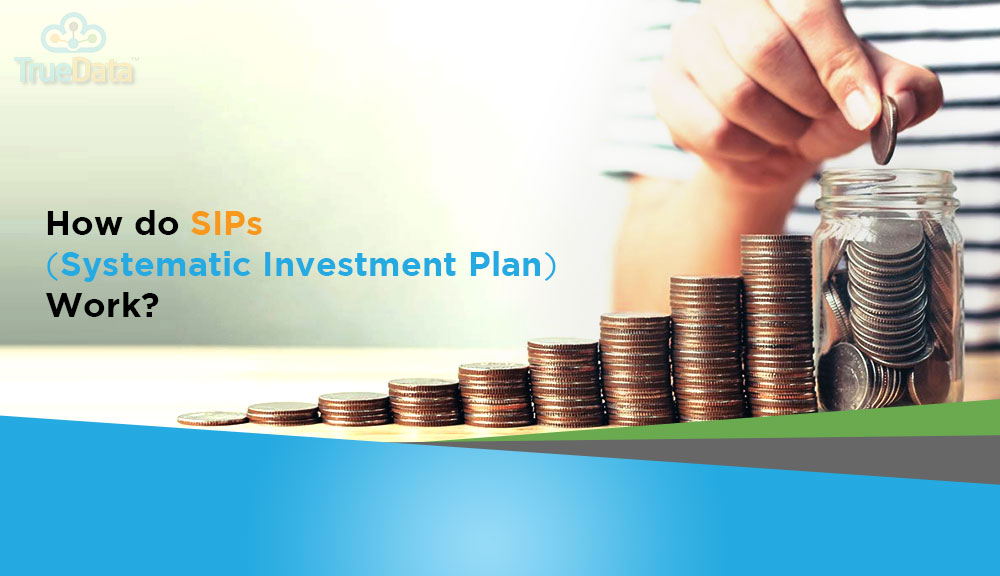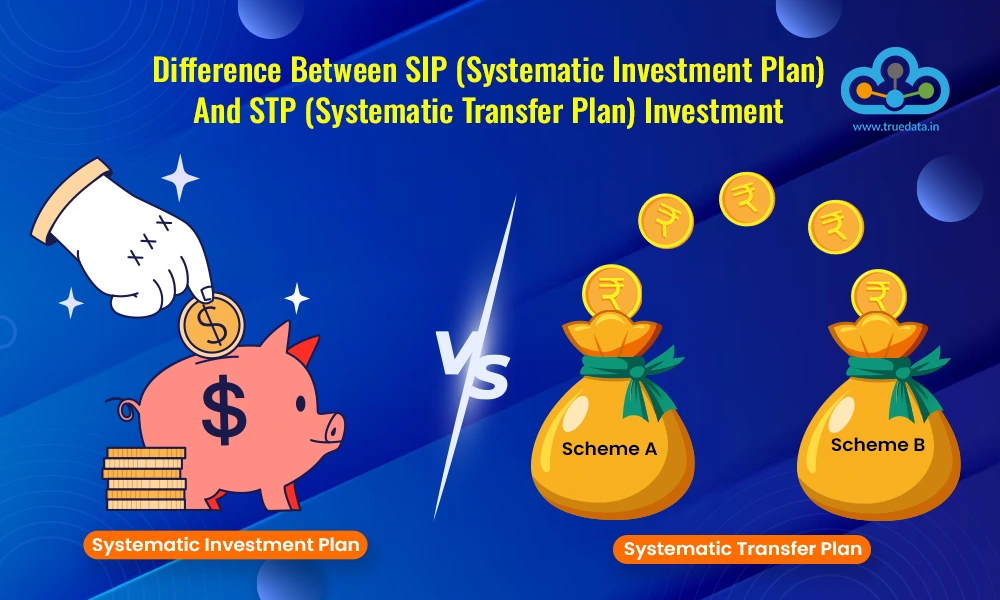 A Systematic Investment Plan (SIP), all the more prevalently known as SIP, is an office presented by shared assets to the financial backers to put resources into a restrained way. SIP office permits a financial backer to contribute a decent measure of cash at pre-characterized stretches in the chosen shared asset plot. The proper measure of cash can be just about as low as Rs. 500, while the pre-characterized SIP stretches can be on a week after week/month to month/quarterly/semi-yearly or yearly premise. By taking the SIP course to ventures, the financial backer puts resources into a period-bound way without agonizing over the market elements and stands to benefit in the long haul because of normal costing and force of compounding.
A Systematic Investment Plan (SIP), all the more prevalently known as SIP, is an office presented by shared assets to the financial backers to put resources into a restrained way. SIP office permits a financial backer to contribute a decent measure of cash at pre-characterized stretches in the chosen shared asset plot. The proper measure of cash can be just about as low as Rs. 500, while the pre-characterized SIP stretches can be on a week after week/month to month/quarterly/semi-yearly or yearly premise. By taking the SIP course to ventures, the financial backer puts resources into a period-bound way without agonizing over the market elements and stands to benefit in the long haul because of normal costing and force of compounding.
 Shared assets and other venture organizations offer financial backers an assortment of investment choices including deliberate money growth strategies. SIPs allow investors an opportunity to put away little amounts of cash throughout a more extended timeframe as opposed to making huge single amounts at the same time. Most SIPs require instalments into the plans on a predictable premise—regardless of whether that is week after week, month to month, or quarterly. SIPs (Systematic Investment Plan) permit economic investors to utilize more modest measures of cash. The standard of orderly contributing is straightforward. It chips away at the ordinary and intermittent acquisition of offers or units of protection of an asset or other venture. Dollar-cost averaging includes purchasing a similar fixed-dollar measure of security paying little heed to its cost at each occasional span. Thus, shares are purchased at different costs and in changing sums—however, a few plans might allow you to assign a decent number of offers to purchase. Since the sum contributed is by and large fixed and doesn't rely upon unit or offer costs, a trader winds up purchasing fewer offers when unit costs rise and more offers when costs drop. SIPs (Systematic Investment Plan) will in general be uninvolved ventures because once you put cash in, you keep on putting resources into it paying little mind to how it performs. That is the reason watch out for how much abundance you amass in your SIP. Whenever you've hit a specific sum or arrived at a point close to your retirement, you might need to rethink your growth strategies. Moving to a system or venture that is effectively overseen may permit you to develop your cash significantly more. Yet, it's consistently a smart thought to address a monetary counsellor master to decide the best circumstance for you.
Shared assets and other venture organizations offer financial backers an assortment of investment choices including deliberate money growth strategies. SIPs allow investors an opportunity to put away little amounts of cash throughout a more extended timeframe as opposed to making huge single amounts at the same time. Most SIPs require instalments into the plans on a predictable premise—regardless of whether that is week after week, month to month, or quarterly. SIPs (Systematic Investment Plan) permit economic investors to utilize more modest measures of cash. The standard of orderly contributing is straightforward. It chips away at the ordinary and intermittent acquisition of offers or units of protection of an asset or other venture. Dollar-cost averaging includes purchasing a similar fixed-dollar measure of security paying little heed to its cost at each occasional span. Thus, shares are purchased at different costs and in changing sums—however, a few plans might allow you to assign a decent number of offers to purchase. Since the sum contributed is by and large fixed and doesn't rely upon unit or offer costs, a trader winds up purchasing fewer offers when unit costs rise and more offers when costs drop. SIPs (Systematic Investment Plan) will in general be uninvolved ventures because once you put cash in, you keep on putting resources into it paying little mind to how it performs. That is the reason watch out for how much abundance you amass in your SIP. Whenever you've hit a specific sum or arrived at a point close to your retirement, you might need to rethink your growth strategies. Moving to a system or venture that is effectively overseen may permit you to develop your cash significantly more. Yet, it's consistently a smart thought to address a monetary counsellor master to decide the best circumstance for you.

 SIP investments can be begun whenever guaranteeing the least danger with the right reasonable plan for the financial backer. The financial backer needs to pick the plan which suits his drawn-out objectives well. Subsequently, there is no appropriate period inside which a financial backer should begin a SIP money growth strategy, the sooner the better.
SIP investments can be begun whenever guaranteeing the least danger with the right reasonable plan for the financial backer. The financial backer needs to pick the plan which suits his drawn-out objectives well. Subsequently, there is no appropriate period inside which a financial backer should begin a SIP money growth strategy, the sooner the better.
In conclusion, we can obtain the following key points:
Read More: NSE Live Data Feed

Mr. Warren Buffet has a very famous quote: 'If you don't find a way to make mone...

When we talk aboutmutual funds, the most common term associated with this invest...

NSE Stock Prices in Excel in Real Time - Microsoft Excel is a super software cap...